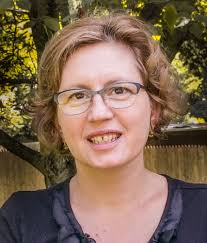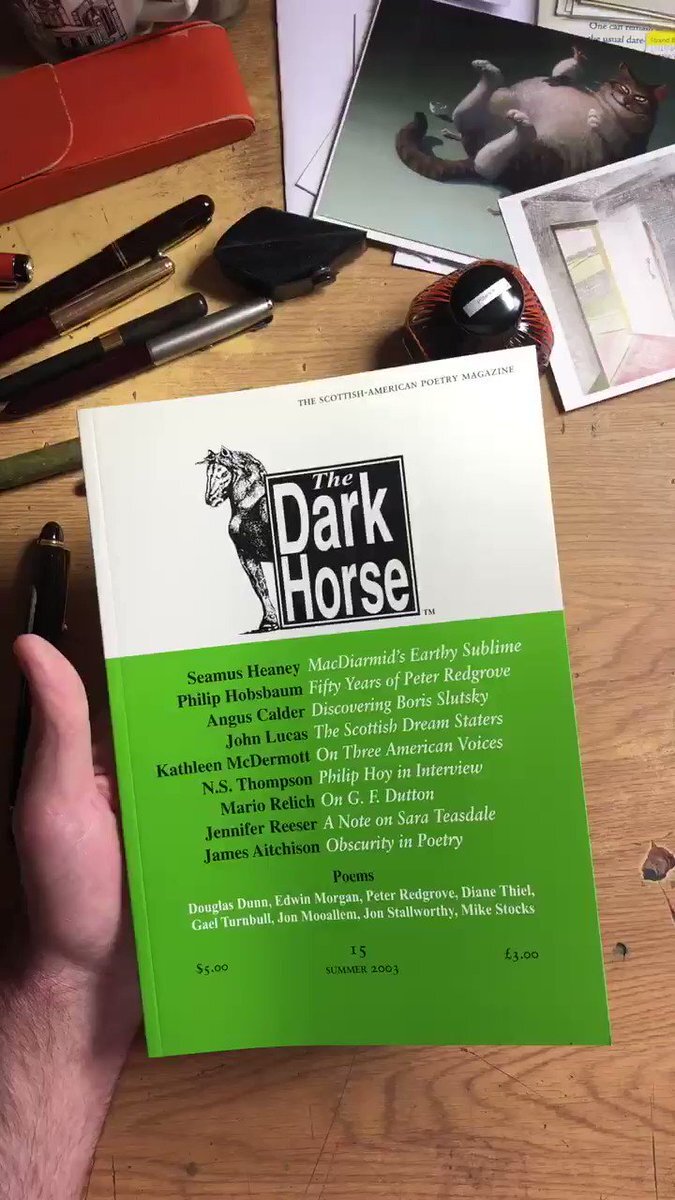
Life For Us is a book of great warmth and passion, exploring both the struggle of a people not represented on the world map and the pains of exile. It shows the human spirit triumphing over adversity. Intertwining political and personal struggle in a quirky, sometimes humorous way, Choman Hardi's poems draw upon dual memories like fireworks and gunfire as well as different realities for different sexes. Benard O'Donoghue wrote: 'Poetry makes something happen here; the book answers the poem's question 'Could you show me where that is on the map?' more memorably than any map or political analysis. It is a book that everyone should read.'
Paperback: 64 pages
Published: Bloodaxe Books Ltd.
2 edition (30 Sept. 2004)
Language: English
ISBN-10: 852246448
ISBN-13: 987-1852246440
Product Dimensions: 4.2 x 0.5 x 2.6 cm
Paperback: £7.95

Hardi’s great strength is the scrupulous avoidance of the poetical.
As well as being the harrowing account of a family and a people and
a country (I carry it in my handbag / in books about genocide
- “My country”), the book is a lesson in history and the follies of
20th century politics: “Sitting around an old table / they drew lines
across the map / dividing the place / I would call my country.”
(Lausanne, 1923) And the world, especially in that part of the world,
still lives with the consequences.
To live in interesting times is a curse: the terrible experience behind
these poems is a terrible cost for them. But I have rarely read a book
which so indisputably establishes the capacity of poetry to express
the historical and political.

Choman Hardi's Collection, Life for Us, is clearly auto-biographical.
Her poems, about people escaping terror and rebuilding their lives in exile,
sometimes written in what may be called primer's language.
Lost dreams and lives divided between two tongues are often her poetic concerns.
And there are many nostalgic images of food and intimacy from the old country.
This is a collection which shows exile in its painful reality.
Hardi's poems about people who were attacked with chemical weapons,
people who fled their country and never quite settled in another,
also cross into English, persuasively. The collection asserts itself as poetry
which gracefully turns suffering into memorable language.

[T]here is a sharp intelligence at work in Hardi’s poems allowing her
to speak beyond the particulars of biography to raise wider,
more universal and often more disturbing questions. It is this that
makes Hardi’s book at times difficult reading.
Many of the poems collected here seem to quiver with the possibility of
such appalling violence: the painter who one day no longer appears on
the next door roof and who eventually surfaces again, his hands broken
and with no more desire to paint; the crowd forced to shout “Long live
justice!” as a friend is executed; the perpetual possibility being
driven from one’s home by soldiers, by the threat of gas, by fear.
[W]hen she speaks directly, Hardi does so with a poise and a fearless
intelligence. Life for Us is an impressive collection. Reading it, one
suspects that future collections will be more impressive still.
It is above all the rare combination of delicacy and toughness that
characterizes these poems.

The collections brings us horrors of life for Iraqi Kurds in the late
20th century. Although Ms Hardi is perfectly capable of lyricism,
there are times when it is as if the force of an emotion, the power of
a situation, are too raw for language of poetic imagery. The effect
can be devastating: “The villagers were taken, separated, / those who
cried were shot because they cried, / those who didn’t were shot
because they didn’t.” Metaphor here would be a distraction, almost
an insult: the cadences, the repetitions are enough to carry the
full force of the horror.
I finished this volume full of admiration for the courage of the poet,
and the power of her poetry. It cannot fail to move.

A poet’s biography can seem more or less important, as it affects their poetry.
In Hardi’s case, the biography is overwhelming… her subject is not a private,
intimate one, such as most writers in the west have, but massive: ideological violence,
the repression of an entire people, and how that impinges on
the small, suffering individual trying to make the best of what they can.